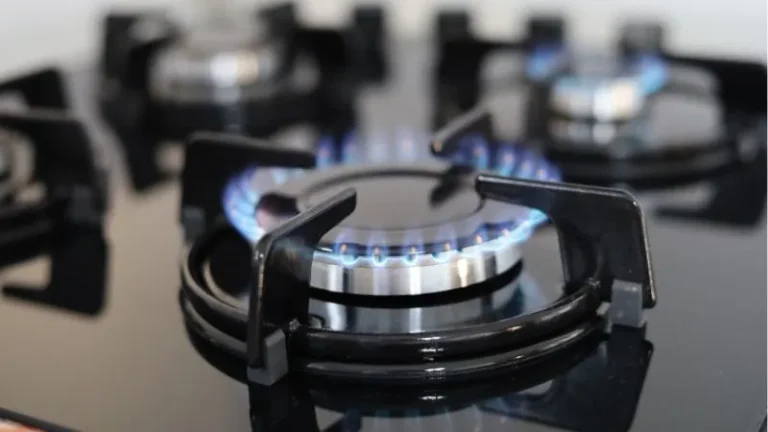A new report on electricity, gas and water disconnections has found disconnecting people from utilities because they can’t afford to pay their bills hurts families that are already struggling, worsens the hardship experienced by people who are already living with multiple forms of disadvantage, and is not an effective way of making people pay on time in the future.
‘Close to the Edge,’ released today by the Public Interest Advocacy Centre’s Energy + Water Consumers’ Advocacy Program, is the fourth and most comprehensive in a series of reports on utility disconnections (following Cut Off I, II and III). The report is based on a survey of over 1,000 people and interviews with 15, and details their experience of being disconnected or coming close to being disconnected.
‘People have told us they are choosing between bills and rent, going without heating, cooling and showers to use less energy, and live in fear of their next bill,’ said Craig Memery, Team Leader in PIAC’s Energy + Water Consumers’ Advocacy Program.
‘It’s clear that retailers can do more to help struggling households keep the lights on when they are going through hard times.’
‘Our survey showed that 66% of disconnected households have at least one mental, intellectual or physical illness or disability in the household, and that 71% of people who were disconnected were facing at least one type of disadvantage, such as being a sole parent or unemployed, or living with a disability.’
Worryingly, in order to get reconnected, 27% of households cut back on buying food and other groceries, and 13% delayed medical or dental appointments. Whilst 12% used a credit card to get back on, 12% got a loan though a pawn broker or money lender, exacerbating their debts.
‘In and of itself, disconnecting people does nothing to help them deal with the longer-term issues of debt accumulation,’ said Craig Memery.
‘Identifying people who are struggling to pay as early as possible and getting them into a ‘hardship’ program which is tailored to their individual circumstances, is a key way to reduce disconnections.’
‘Retailers have options to make sure that disconnections themselves, and the cost to consumers, are kept to a minimum,’ said Craig Memery. ‘If retailers couldn’t pass on the cost of disconnection or reconnection to the disconnected consumer, they’d have more of an incentive to help people stay connected.’
‘Disconnecting people from essential services because they can’t pay their bills, and then slugging them with a reconnection charge, is just kicking people when they are down.’
Participants also reported frustration at ‘pay on time’ discounts that could add hundreds to their bills just by paying a day late. ‘We need to put a stop to ‘pay-on-time’ discounts which are nothing but a brutal late payment fee for people who are already struggling,’ added Craig Memery.
Read the report, the summary of key findings or PIAC’s recommendations.
Media contact: PIAC Media and Communications Manager, Gemma Pearce – 0478 739 280

HPLS Solicitor Jeremy Rea wins Bondie Award